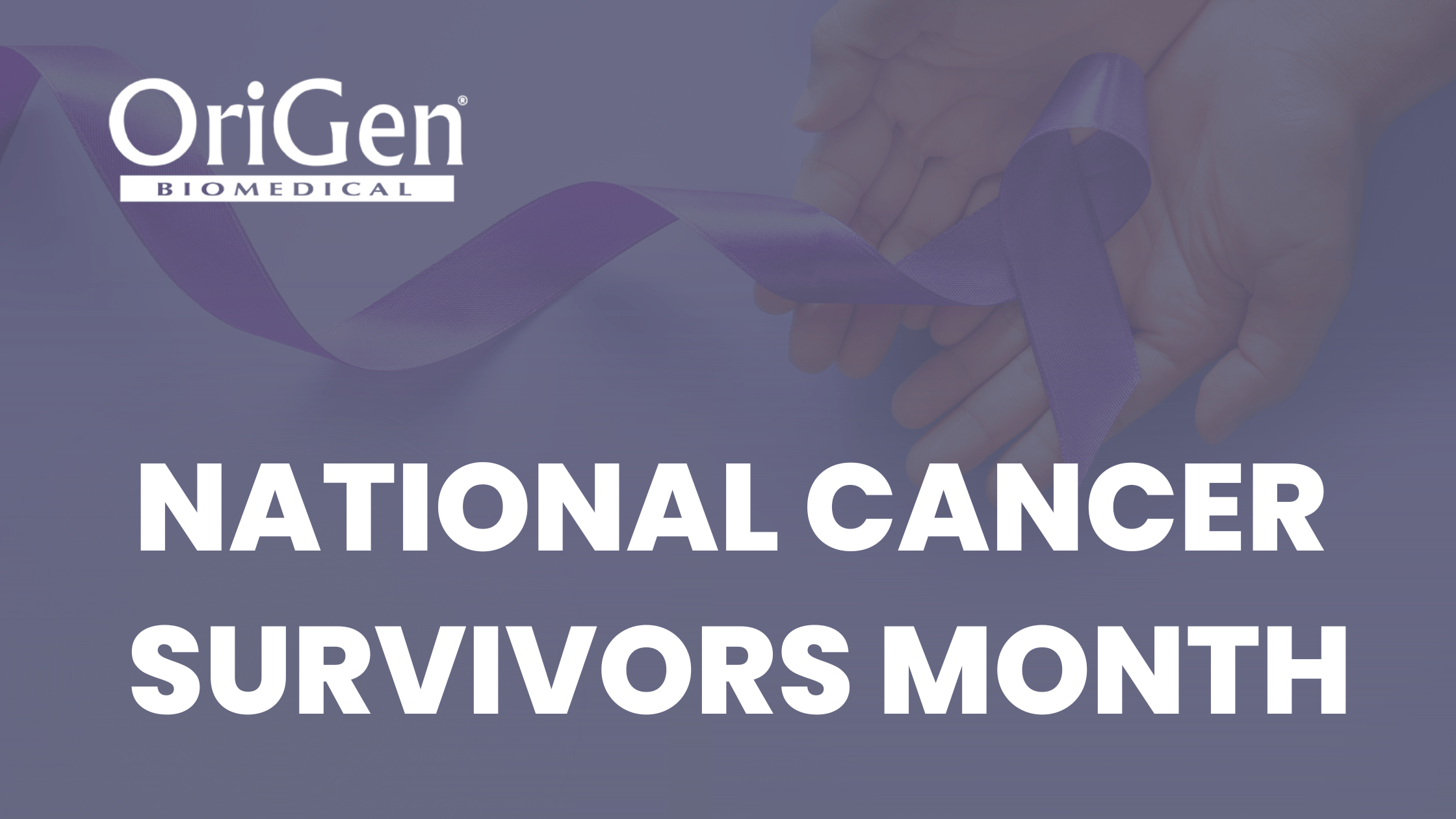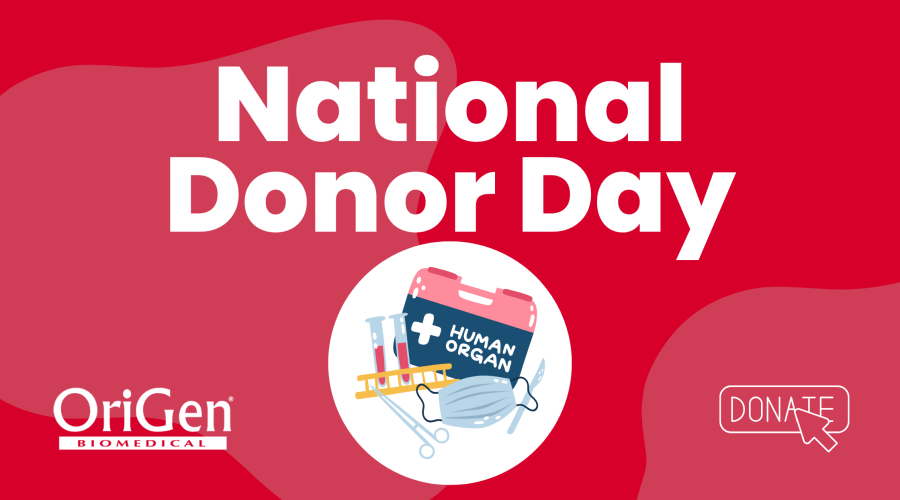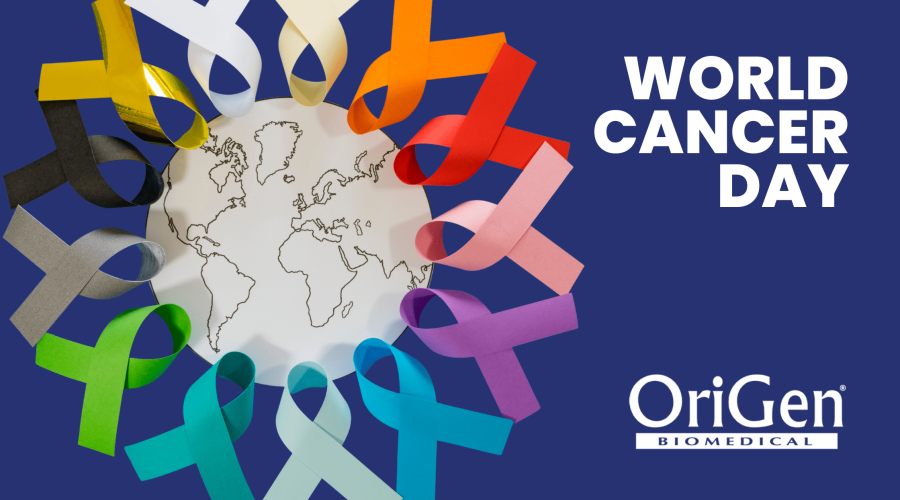Each June, we observe National Cancer Survivors Month, a time to celebrate the more than 18 million cancer survivors in the United States, honor their strength, and raise awareness of the unique challenges they continue to face. [1]
This observance reminds us that surviving cancer is not just about the end of treatment; it’s about navigating life afterward and embracing each new day with courage and resilience.
Survivorship Is on the Rise
One of the most encouraging trends in cancer care is the steady increase in survivorship. Thanks to continued advancements in research, early detection, and treatment, more people are living longer after a cancer diagnosis. As of January 2022, more than 18 million Americans with a history of cancer had survived the battle against this malignancy. That number is projected to reach 22.2 million by 2030.[2]
This progress results from decades of work from scientists, clinicians, caregivers, advocates, and survivors.
Understanding What “Survivor” Really Means
It’s important to understand that being a cancer survivor doesn’t require a certain number of years in remission or a specific clean bill of health. A cancer survivor is defined as anyone with a history of cancer “from the moment of diagnosis through the rest of their life”.[2]
For many, “survivor” is not just a label—it’s a badge of honor. The Cancer Survivors Day Foundation notes that cancer survivorship represents a unique phase in the cancer journey, marked by triumph over the disease and the challenges that come with it.[3]
Life After Cancer: A New Set of Challenges
While survival rates continue to improve, many cancer survivors face long-term hurdles. The end of treatment often signals the beginning of a new chapter filled with ongoing physical, emotional, and financial challenges.
According to the American Association for Cancer Research (AACR), one in four survivors reports a poor physical quality of life, and one in 10 reports poor mental health-related quality of life.[4] Lingering symptoms, follow-up care, and the fear of recurrence are just some of the realities survivors live with every day.
Additionally, many individuals experience significant financial stress. The Cancer News Team explains that survivors may face increased medical costs, difficulty securing insurance, job instability, and lasting financial strain, along with an increased risk of second cancers or other chronic conditions.[2]
A personal account shared in the Journal of the National Cancer Institute described a long-term survivor of non-Hodgkin’s lymphoma who felt “homeless” in the healthcare system after developing complications such as congestive heart failure.[2] This highlights the ongoing need for coordinated, compassionate care.
Defining and Improving Survivorship Care
Supporting survivors means more than monitoring recurrence. It requires a comprehensive, long-term approach to health and well-being.
The Institute of Medicine outlines four essential components of survivorship care:[1]
- Prevention and detection of new or recurrent cancers
- Surveillance for spread, recurrence, or new cancers
- Intervention for treatment side effects
- Coordination between specialists and primary care providers
Organizations like the NCI Office of Cancer Survivorship (OCS) are working to strengthen these standards. Current initiatives include National Standards for Cancer Survivorship Care and resources that connect survivors with primary care providers and long-term support.[1]
Supporting Survivors in Simple but Meaningful Ways
Whether you’re a friend, caregiver, coworker, or part of the medical community, there are countless ways to show your support for cancer survivors this month and throughout the year.
Here are a few easy ways to get involved:
- Attend or organize a local celebration or event
- Share survivor stories and educational resources on social media
- Send a message or care package to someone you know who’s in survivorship
- Learn more about survivorship from organizations like AACR and NCI
- Take the Survivorship Quiz or explore the AACR Cancer Progress Report to deepen your understanding
The OCS also hosts a “Survivor Voices: The Vital Role of Survivors in Advancing Cancer Survivorship Research” webinar, which will be held on June 18th and moderated by Dr. Emily Tonorezos. The webinar will feature personal stories and expert insights into the needs of survivors today.[4] Be sure to tune in by registering here!
Celebrating Survivors Today—and Every Day
National Cancer Survivors Month is a powerful reminder that survival is just one part of the story. It’s also about resilience, healing, and moving forward with strength and hope.
As the National Cancer Survivors Day Foundation puts it, this month is a time to host celebrations, raise awareness about survivorship issues, and advocate for change.[2]
Let’s take this opportunity to celebrate those who have faced cancer head-on and to keep supporting them in every chapter that follows.




